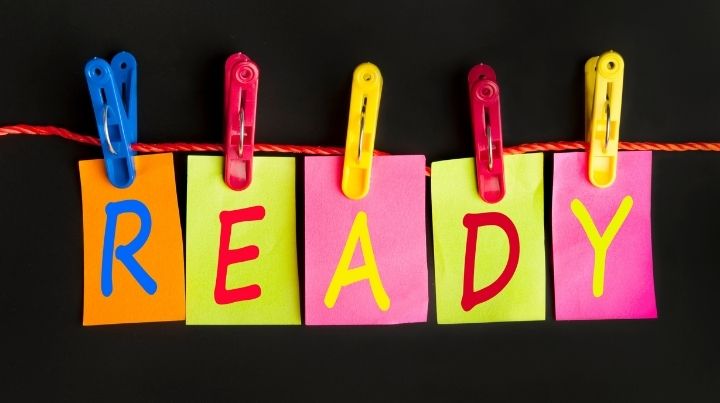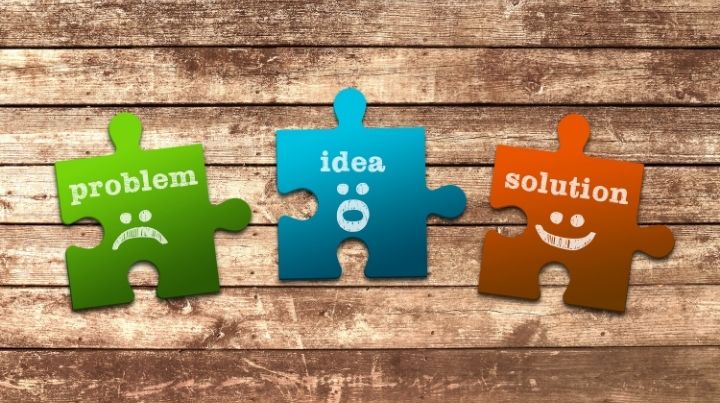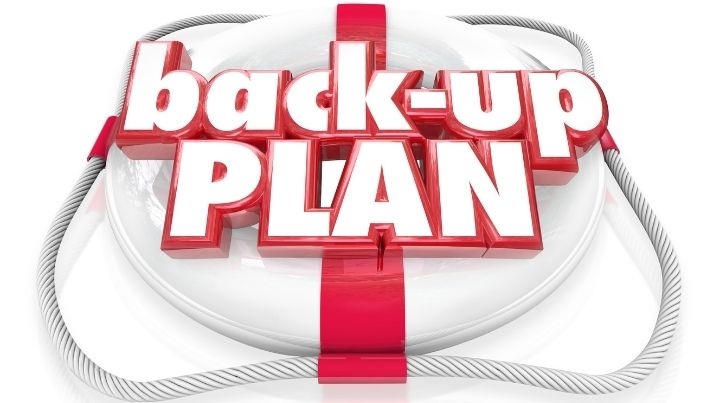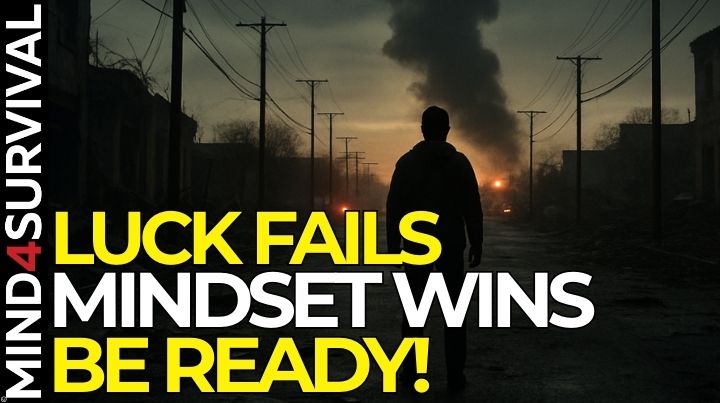What Is Readiness? A Calm, Rational, Prepared State of Mind

Preparedness is defined as “the quality or state of being prepared.” When I hear that word and definition, I think more in terms of physical items and stockpiles. But another term you hear in this community is “readiness.” What is readiness in comparison to preparedness?
What Is Readiness?
I see readiness more as a state of mind. It's a calm and rational approach to handling whatever situation gets thrown your way. It is a way of thinking that enables the ready person to manage things without panic. It's the confidence that you are physically and mentally prepared to deal with problems.
While some folks seem to be born ready, others have to work at it. Readiness doesn't come naturally for everyone. Some people have to develop that mindset.
Let's talk more about readiness and how to develop this trait.
Anticipate Problems
A huge part of readiness is anticipating problems before they actually occur.
Often, this means you can be proactive and avoid the crisis altogether. For example, suppose you notice the tree in your yard has a dead limb hanging dangerously near the house or powerline. In that case, you might take the proactive step of either removing the limb yourself or having it done professionally before a storm rolls in. Another example might be preparing weak points of your home with sandbags when flooding or heavy rains are expected.
Problems can't always be pre-empted, but anticipating them still gives you an advantage. You can't prevent wildfires altogether, but if you live in an area prone to wildfires, part of your readiness plans should be to create defensible space and protect your own home.
No matter where you live, certain problems can be anticipated.
Think Through Solutions
Going back to our example about wildfire country, you can protect your home by following some of the steps recommended by the National Fire Protection Association's Firewise program. Most of these steps relate to removing potential fuel for wildfires.
- Clear debris and leaves from your roof and gutters.
- Keep flammable or explosive items 30 feet or more from your home. Some examples are woodpiles, propane tanks, and dead vegetation.
- Maintain your lawn by keeping grass and other plants hydrated.
If you live in a flood zone, be prepared with sandbags. If your area has tornadoes, you should have a storm shelter. Those who live in hurricane country should know how to board up their homes to protect them from the storm's wrath.
What is readiness? It's not just knowing what problems might happen. No matter what problems you have anticipated, having potential solutions can help mitigate the effects of the crisis.
Always Have Backup Plans
Of course, it's the nature of disasters that your carefully crafted plan may not be successful. This might be because disasters are rarely isolated events or simply because your plan failed. Going back to our theoretical wildfire, it doesn't matter how carefully you created defensible space around your property if the wind kicks up. This can toss an ember onto your roof. If your roof is made of flammable material, all your other preparations are irrelevant.
So your backup plan in a wildfire might not be to wait for an official evacuation notice. It might be to pay attention to the weather, and if the Santa Ana winds are howling through the trees, you'll know it's time to get out of Dodge and hope your preparations worked.
In fact, your backup plan in many different types of disasters might be to cut bait and bug out to save the lives of yourself and your family members. Your property is not worth your life.
Homeowner's and renter's insurances are the ultimate backup plans. If all your efforts to anticipate and avoid problems fail, then you have these policies to fall back on and replace your losses.
What Is Readiness? It's a State of Mind.
What is readiness, then? It's a mindset that allows you to anticipate potential problems, plan to mitigate them, and follow that with a backup plan in case your ideas don't work as you expected. You look at problems analytically, go through a mental checklist of physical preps, think about how you might avoid the crisis, and figure out what you'll do if it can't be avoided. Readiness is a thought process.
Readiness means that no matter what happens, you will approach it logically, calmly, and rationally. You won't freeze in terror or panic and do something that might put you and your loved ones in even more danger. Readiness is zen-level mental preparedness. It doesn't have to come naturally. Like any other skill, it can be learned.
What Is Readiness to You?
When you ask yourself what is readiness, what is your answer? Share your thoughts on readiness in the comments.
Additional Resources:
- Survival Prepping for Normal People – 12 Step Guide
- All About Disaster Mindset
- What are your personal Risk Assessment Components?
- 7 Top Tips for Disaster Preapredness
Related Articles
FREE Guide
Read the Best Seller
Join Mind4Survival
Stay informed by joining the Mind4Survival! 100% Secure! 0% Spam!
Affiliate Disclosure...
Mind4Survival is a free, reader-supported information resource. If you make a purchase through our link, we may, at no cost to you, receive an affiliate commission.
Do You Want To Be Ready No Matter What?

Download our free 39-page guide with interactive, 7-Day Emergency Kit Checklist and take the first step toward real preparedness.
- Know exactly where to start.
- Save time and money.
- How-to build a complete Basic Emergency Kit.
- Level up your safety and security.
Join Mind4Survival
Stay informed by joining the Mind4Survival! 100% Secure! 0% Spam!







